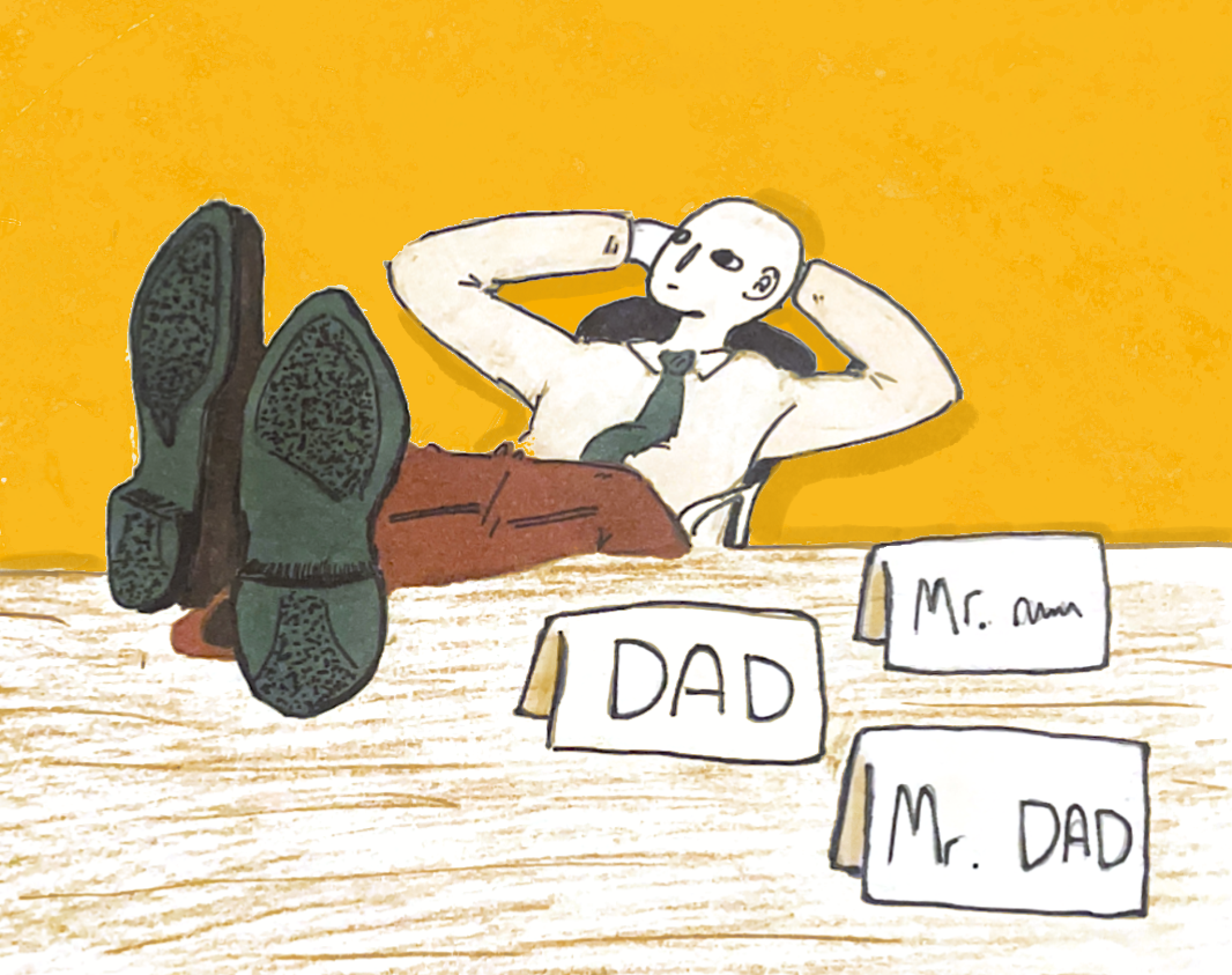It’s common to act differently in school, when around friends, versus at home around parents or guardians. Students may be less compliant to their teachers, knowing that it doesn’t affect their home life. However, when a parent is the teacher or coach of a student, layers of complexity are added for their child. Students may feel like they’re under a spotlight for their teacher, and their actions are monitored more carefully. There’s also the reality that if they step out of line, it affects their relationship with their parent, as well as with their teacher. For the teacher or coach, they may feel like they’re obligated not to give special treatment of any sort so as not to seem biased in the eyes of other students.
These accusations of favoritism are rarely ever true though. “There were definitely accusations, but I was definitely not favored. I would definitely still have to do every sprint, which I felt like, you know, wasn’t fair,” Berkeley High School freshman Tess Pett-Ridge Hennessy said. Pett-Ridge Hennessy has been coached by her dad in both water polo and soccer.
For others who have gone through this, favoritism or accusations of it weren’t a problem. “No one ever seemed to have any problem with Lev’s presence in class or ever accused me of favoritism,” former BHS science teacher Glenn Wolkenfeld, who taught his son in AP biology 15 years ago, said.
There’s also the complexity of what to call the teacher or coach. Referring to them by last name feels too formal, while “mom” or “dad” goes against tradition. “On the first day, I announced to all the students that based on BHS culture, they would call me Mr. W or Mr. Wolkenfeld, except for one student who would call me ‘Dad,’” Wolkenfeld said.
That was how Wolkenfeld handled the situation. All of the students complied except for a few who would yell out “Dad” to get his attention. “It did get my attention!” he said.
Pett-Ridge Hennessy simply settled on using “Coach Dad,” to the amusement of her teammates.
Awkwardness varies when asking students compared to their parents and teachers. “It was for sure awkward, I definitely felt disrespected sometimes,” Pett-Ridge Hennessy said jokingly. “But other times it was fun because I already knew the drills,” she said, adding that this still didn’t mean she felt favored.
“It was awkward to have my dad as a sub because he was making bad dad jokes and it was embarrassing,” BHS freshmen Yael Pollak, whose dad acts as a substitute teacher for her classes occasionally, said.
Wolkenfeld, however, didn’t experience any awkwardness. “I’m really grateful we had this experience, and it made us closer to one another,” he said.
A common occurrence for all of these situations was that after spending so much time together each day and at home, they found their relationships to be stronger.
Though from the student perspective, having the teacher at the front of the classroom being their parent feels awkward at times, it can strengthen relationships.





